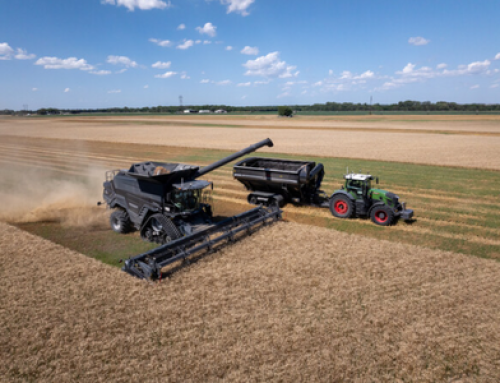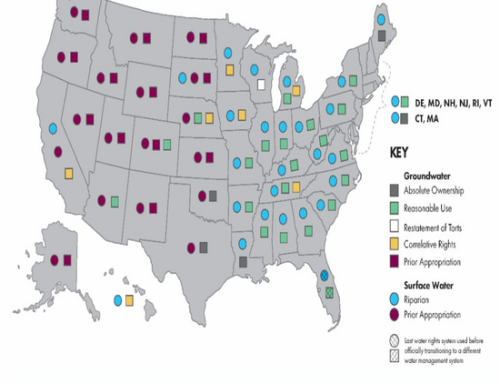JIM WATSON/GETTY IMAGESThe steel frame of the Francis Scott Key Bridge in Baltimore, Md., sits on top of the container ship Dali after the bridge collapsed due to the ship striking a pillar.
by Chris Torres, Editor, American Agriculturalist magazine
The tragedy surrounding the collapse of the Francis Scott Key Bridge in Baltimore continues to unfold.
Early Tuesday morning, a container ship plowed into one of the ship’s columns, sending the bridge’s steel superstructure into the cold Patapsco River below. Officials have stated that there is still a search-and-rescue effort ongoing and that they may be looking for up to seven people, but that number could change.
As a result, the Port of Baltimore, one of the Northeast’s busiest, is closed to shipping traffic until further notice, and it is likely that many ships will have to be diverted to neighboring ports up and down the East Coast. The website Marine Traffic shows at least a dozen ships with a destination of Baltimore waiting to get into port.
The impact on shipping traffic will no doubt be felt for weeks and months to come. For agriculture, the Port of Baltimore is the closest in proximity to the Midwest and is the largest U.S. port by volume for handling farm and construction machinery.
According to state data, the port handled a record 1.3 million tons of roll-on and roll-off farm and construction machinery in 2023. This includes tractors, combines, hay balers and more.
The Maryland state government website states the port’s private and public terminals handled 847,158 autos and light trucks in 2023, the most of any U.S. port for the 13th straight year.
The top five agricultural products that are imported and exported from the Port of Baltimore are:
*sugar
*soybeans
*grain (corn and wheat)
*coffee
*grocery items
To read the entire article click here.




